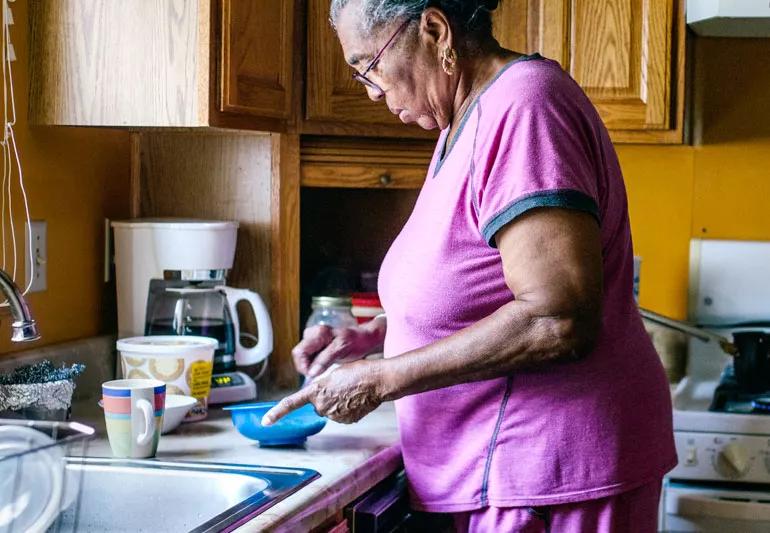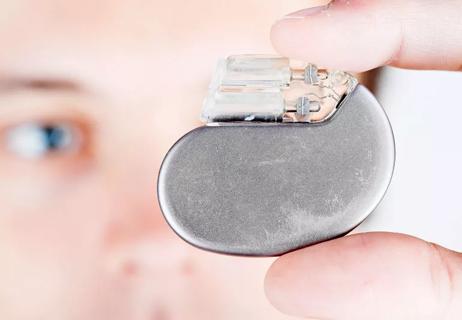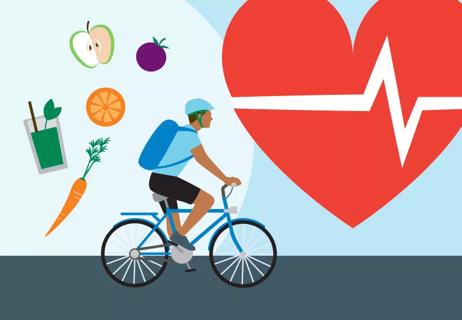It’s important to remember that not everyone heals at the same rate

If you’ve had heart surgery, you’re probably eager to know when you’ll feel more like yourself again and when you can get back to doing the things you like to do.
Advertisement
Cleveland Clinic is a non-profit academic medical center. Advertising on our site helps support our mission. We do not endorse non-Cleveland Clinic products or services. Policy
So, how can you know when you’re ready? Of course, everyone heals at a different rate and you’ll want to work closely with your doctor. But, in general, you’ll do most of your healing — about 80% — in the first six to eight weeks after surgery, says cardiac surgeon Michael Zhen-Yu Tong, MD.
We talked with Dr. Tong about the do’s and don’ts of healing after heart surgery, and he suggests these general guidelines.
As you begin getting back into your routine, remember to start with small tasks and take plenty of breaks. Don’t overdo it.
After you leave the hospital, unless your surgeon says otherwise, you may return to activities such as:
Some things are still off limits, though. Don’t lift, pull or push anything that weighs more than 10 pounds. It’s too soon to drive, too, but it’s OK to ride in a car.
If you had open heart surgery and your surgeon divided your sternum, it will be about 80% healed after six to eight weeks. “By that time, you’ll generally be strong enough to get back to normal activities, such as driving,” Dr. Tong says. “You can probably also return to work, unless your job is physically strenuous.”
Most importantly, this is the time to start a cardiac rehabilitation program. This is a monitored exercise program designed to increase your heart’s endurance. Through cardiac rehabilitation, you can gradually increase your activities, and your doctors will watch your progress closely. You’ll also learn more about how you can change your lifestyle and diet to keep your heart healthy.
Advertisement
Working through a cardiac rehabilitation program is the best way to find out when you’re strong enough to resume the more strenuous activities you enjoy.
At 10 weeks post-surgery, in most cases, you can resume exercises you enjoy, such as jogging, tennis, skiing or golf.
Regular exercise — 30 minutes, five times per week — that tests your heart’s limits in a controlled manner can go a long way toward keeping your heart healthy.
Managing your pain is an important part of your recovery after heart surgery. In addition to keeping you comfortable, pain control can help speed your recovery and reduce your risk of developing certain complications after surgery, like pneumonia and blood clots. Your pain level should be managed to the point that you’re able to get up, walk around, cough and take deep breaths after surgery.
“After heart surgery, you need to be able to move with some degree of comfort to aid the healing process,” Dr. Tong says. “Keeping your pain level manageable will help make sure your recovery stays on track.”
You may leave the hospital with a prescription for pain medication and detailed instructions on how to use those medications to manage your pain.
“People are often apprehensive about taking narcotic pain medications because of the risk of addiction,” Dr. Tong notes. “That is a healthy and very reasonable fear and an important conversation to have with your doctor. There are safeguards in place to stem opioid abuse and protect you from abusing medications. When it comes to prescription pain medication, for most people, it’s a matter of listening to your body. If you need it, take it. If you don’t, don’t.”
If you have concerns about bringing narcotics into your home, or if you have a history of substance use disorder, be honest with your doctor. They’ll be able to discuss your options with you and determine a pain control plan with you.
Dr. Tong suggests alternating prescription pain medication and acetaminophen (Tylenol®) in the first few days after being discharged from the hospital. Then, wean off the prescription medication. People who’ve had heart surgery are usually able to find the relief they need from acetaminophen or other non-narcotic pain medication within about a week of being discharged.
Aside from medication, you may find these techniques can help keep you comfortable after surgery.
It’s important to remember that not everyone heals at the same rate. People who have diabetes or are taking steroids may take longer to heal after surgery. Age can play a role, too, as recovery may take longer in adults who are older. Complete recovery takes about three to six months.
Advertisement
“At any phase in your recovery, using common sense is the best way to keep yourself from overdoing it,” Dr. Tong says.
If an activity causes pressure or pain, stop. If your sternum doesn’t heal properly after surgery, it can cause you a lot of pain and complicate the healing process.
If you aren’t sure an activity is safe, check with your surgeon first. And contact your doctor right away if you experience:
Overall, give yourself time to heal, while gradually doing a little more each week. Continue to work with your doctor until you’re up to speed on your normal activities.
Advertisement

Sign up for our Health Essentials emails for expert guidance on nutrition, fitness, sleep, skin care and more.
Learn more about our editorial process.
Advertisement

Your scar will heal best if you keep the area clean, dry and covered for an appropriate amount of time

Fainting, heart palpitations and shortness of breath are just a few signs your heart may need help

Complications related to the implanted device leads may go unnoticed

Pacemakers steady heartbeat, ICDs reset the heart

Glitches are possible but unlikely

Keep the area clean and monitor your incision site for discharge, odor or a change in appearance

Absolutely! In fact, in many ways, exercise is key to recovery

Making healthy lifestyle changes ahead of surgery can help you avoid AFib after

Even small moments of time outdoors can help reduce stress, boost mood and restore a sense of calm

A correct prescription helps your eyes see clearly — but as natural changes occur, you may need stronger or different eyeglasses

Both are medical emergencies, but they are very distinct events with different causes